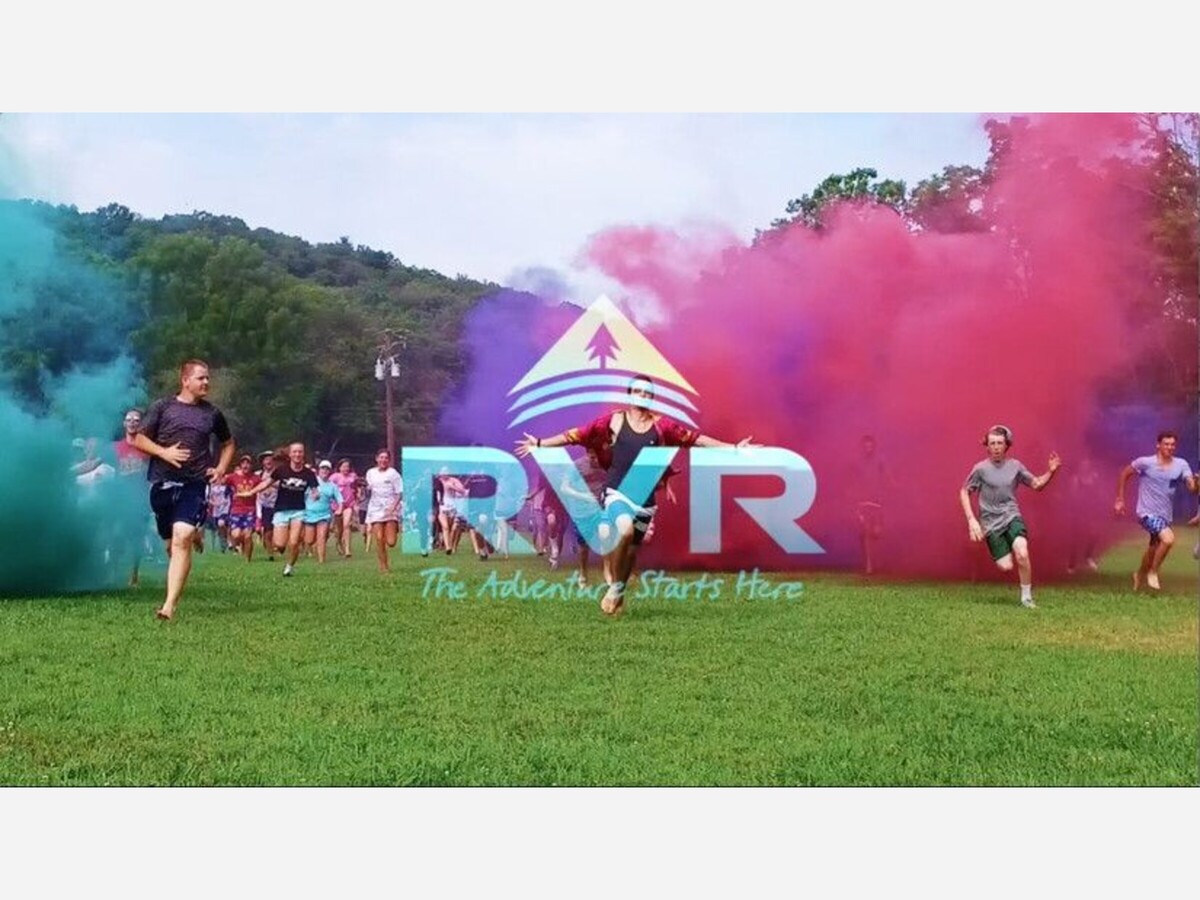|
And we thought together on what that sight could awaken in a kid who had never encountered such dark immensity, black skies filled with tiny bits of light. Wonder, awe, an awareness of something far larger than themselves, and questions about how all of this was created were some of our words.
The clearcutting of that canopy of trees, the destruction of the paths and the trails will put an inked thumb onto that clear seeing, a smeared blot on that dawning faith, so carefully tended in this untended and wild place.
And those woods and upland trails also offer other challenges, physical and mental ones, the chance to learn new skills, to take healthy risks, to be part of team, to solve problems, to not give up.
Jon went back to the importance of being unplugged. The kids do not have access to screens or phones for their entire time at camp. Jon spoke of the nature of bullying, saying “bullying always has occurred at school, but you could escape it and now you can’t, that bullying follows you” in your back pocket, “it never lets up.” He wants these kids to realize that they have a choice, that life can be lived off screens. That there are healthier options and he has dedicated his ranch to providing them what he calls “a kinesthetic, holistic experience” where experiential learning strengthens mind, body, and spirit.
I asked Jon about his own history with River Valley Ranch. He thought for a minute and then answered: “I grew up coming to this camp. My grandpa created it. My Dad ran the radio station. He was never a director (of the camp.) But I grew up here. I did every kind of job at the camp. I washed dishes; I landscaped; I was a life guard; I did the farm work, but then I became a counselor and I oversaw the work program. I saw camp from all aspects: facilities to programs. But I wasn’t ever a registered camper.”
Because Jon Bisset was a step back from being a camper, he “could see what camp does for community.” He saw that “lifelong friendships were developed” at River Valley Ranch; he saw “the bonding” that occurred. He said, “It pulled people out of their environment.” Those experiences run deep, touching the most essential part of every camper. “And.” Jon added, with a grin, “Camp is a really fun place.”
Jon grew up, went off to college and worked for five years in Chicago, but he never lost his deep connection to River Valley Ranch. In college he took a course on the “philosophy of camping” that reminded him of the essential reasons to offer a camp experience. And his own faith grew and developed, a faith that had its initial foundation in the faith of his grandfather and great uncle, both pastors. He said, “I grew up in a family with a deep faith and as a child I had their faith.” But in his late teens, “I had to make a decision for myself whether or not to commit my life to Jesus.” He added that now “my faith looks different than theirs.” And that faith walk also brought him back to River Valley Ranch. Jon thought, “maybe this is where I am supposed to be.”
|
